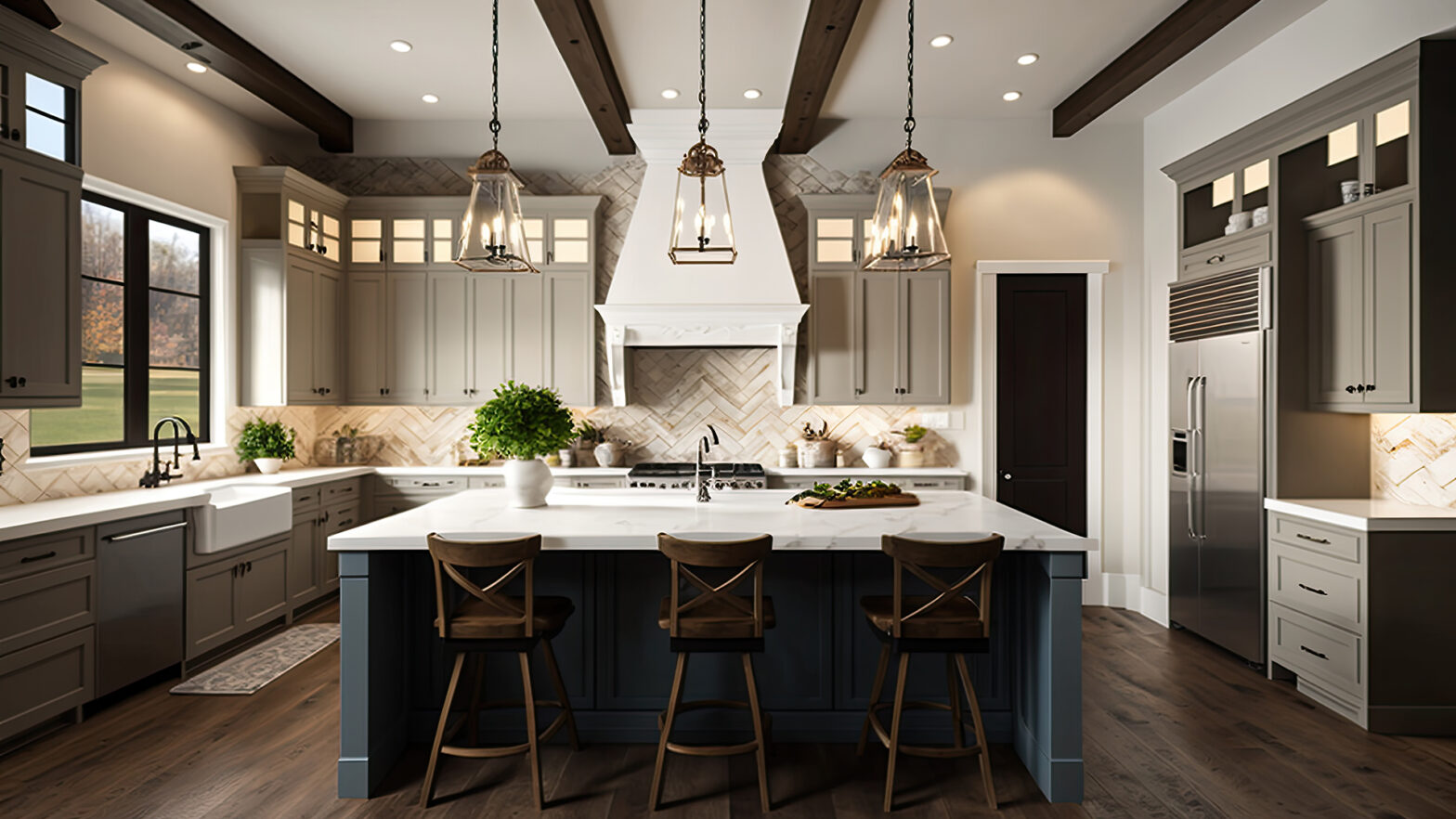Are you looking to buy a home, but don’t know the difference between a mortgage and a construction loan? Don’t worry, you’re not alone! Many people are confused about the differences between these two types of loans. We’ll explain what each type of loan is used for and how they differ from one another. We’ll also discuss some key considerations when deciding which type of loan is best for your situation so that you can have all the information needed to make an informed decision about whether a mortgage or construction loan is right for you. So let’s get started!
A Mortgage Is Used to Buy an Existing Home
A mortgage is a loan used to purchase an existing home. It typically requires the borrower to make monthly payments over a set period (typically 15 or 30 years) to pay off the full amount of the loan. Mortgages usually require a down payment, which can range from 3-20% depending on the lender and type of loan. In addition, most lenders will also require closing costs, such as appraisal fees, attorney fees, and other miscellaneous charges. Utilising fee-free mortgage services can help make the process easier and more affordable. And, you’ll see that most mortgage loans come with various fees and interest rates, so it’s best to compare different lenders before making a decision.
A Construction Loan Is Used for New Home Construction
A construction loan is a short-term loan used for building or remodelling a home. Unlike traditional mortgages, construction loans are only given out for the duration of the project and are repaid when construction is finished. This loan typically requires a smaller down payment, but it carries higher interest rates to cover the risks of lending out money while construction is still underway. Additionally, borrowers may need to provide additional documentation such as drawings and blueprints before the loan can be approved. Make sure to understand all of the terms of a construction loan before signing any documents.
Considerations When Choosing Between the Two
When deciding between getting a mortgage or a construction loan, it’s important to consider your financial situation and long-term goals. A mortgage is typically the best way to finance an existing home, but a construction loan may be the better option for new home construction or remodelling. It’s also important to consider the fees, interest rates, and repayment terms associated with each type of loan, as well as whether you can get a better rate from another lender. Ultimately, it will depend on your situation and which type of loan best fits your needs.
Why do Interest Rates Differ
The interest rates for a mortgage or a loan are determined by different factors. For mortgages, the interest rate is based on your credit score and other financial information such as debt-to-income ratio. Construction loans typically have higher interest rates due to the added risk that comes with financing a project that hasn’t been completed yet. In addition, the loan term for a construction loan is often shorter than that of a mortgage, which can also affect the interest rate. While some lenders may offer a lower interest rate for construction loans, it’s important to compare different lenders to get the best deal.
Determining Your Goals
It’s crucial to set your long-term goals before you decide on a mortgage or construction loan. If you’re looking for an existing home, then a mortgage may be the best option. But if you’re looking to build or remodel a home, then a construction loan is likely the better choice. Understanding your financial situation and comparing different lenders will also help you make an informed decision about which type of loan works best for your needs. Some homeowners may even qualify for both types of loans and decide to get one or the other based on their situation.
Necessary Documentation for Each Loan
In order to get a loan, you will need to provide certain documentation. For mortgages, lenders require proof of income, credit history, and other financial information such as bank statements and tax returns. Construction loans also require similar information but may additionally need drawings or blueprints that outline the project details. It’s important to make sure all the necessary documents are in order before applying for a loan.
There are key differences between a mortgage and a construction loan that you should be aware of when making the decision of which type is best for your situation. Be sure to research all of your options carefully and understand the terms associated with each before signing on the dotted line. With this knowledge, you can make an informed decision about which type of loan fits your needs and budget.
































